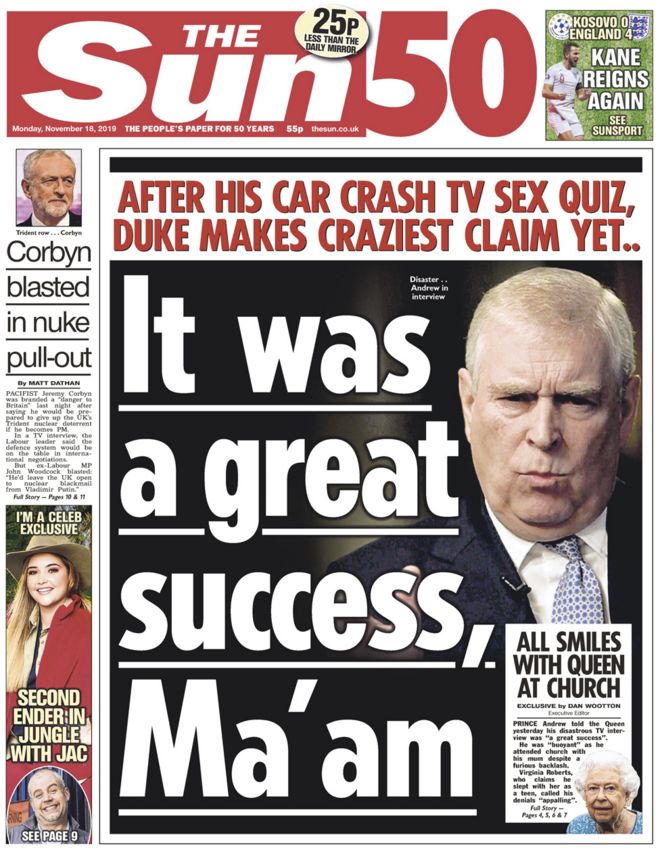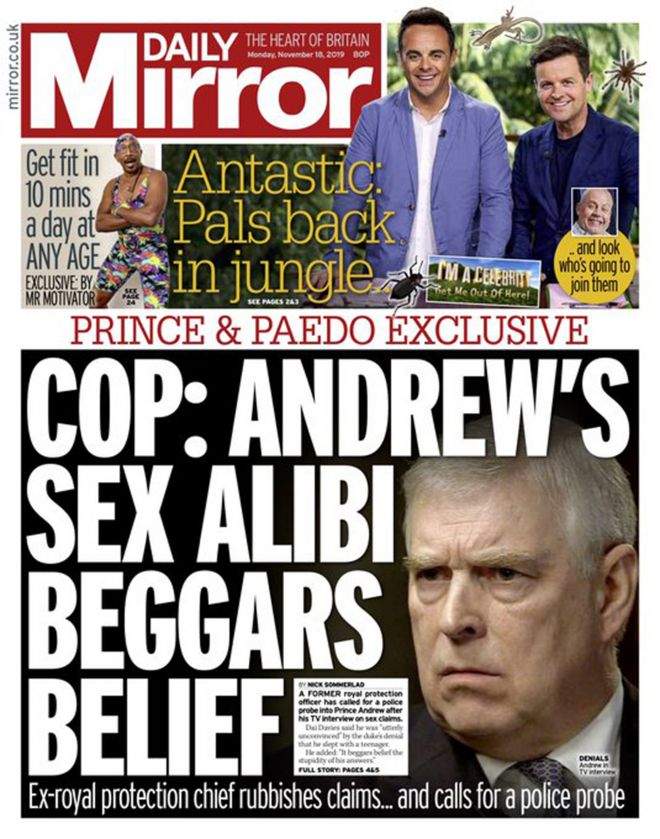Representation - Stereotypes
Within society there is a DOMINANT GROUP who holds positions of power within social institutions.
- Male- White
- Heterosexual
- Adult (Middle-aged)
- Christianity
- Middle Class
- Capitalist
- Able-bodied
- Western
- University Educated
The dominant social group, by having access to power and means of communication, has control and influence over the way in which other social groups are seen and understood. Their social experience, beliefs and values are known as DOMINANT IDEOLOGY.
Stereotypes
- Work as symbolic codes or signs - link to Barthes
- Attach specific values or ideas to that group of people, which are generalised and largely inaccurate
- They become accepted in wider society due to the frequency with which they are used
- THEORY - Barthes would argue that these values attached to these social stereotypes are not real but 'myths' and serve to reinforce the ideology of the dominant group.
Stereotypes can be positive or negative, depending on:
- The individual, and the social group of the person who constructs the representation
- The social group that is being represented
Stereotypes are created by and widely used in the media industry for a number of reasons:
- They are quickly understood by audiences, whether they disagree or agree with the stereotype being presented
- They become shortcuts for introducing characters, groups of people or ideas about groups of people
We can use the CAGED mnemonic as a starting point for exploring representation.
C Class
A Age
G Gender
E Ethnicity
D Disability
Thus excludes sexuality, religion, occupation, education and regional identity.
 The cover of the front page is focused mainly on the royals - The Queen and Prince Andrew. This is representative of the higher classes and their successes and failures.
The cover of the front page is focused mainly on the royals - The Queen and Prince Andrew. This is representative of the higher classes and their successes and failures.
There is a large representation of those of an older age - Prince Andrew, the Queen and Corbyn. It presents a very negative, mocking opinion of them and their actions.
The Anchorage text 'it was a great success, ma'am' leaves a mocking and comical impression on Prince Andrew, highlighting the ridiculousness of him and his actions. This is furthered through the comical expression and reference to the interview being a 'car crash' that, together, present him as a joke.
There is only a small ethnic reference of Mr Motivator.



Comments
Post a Comment